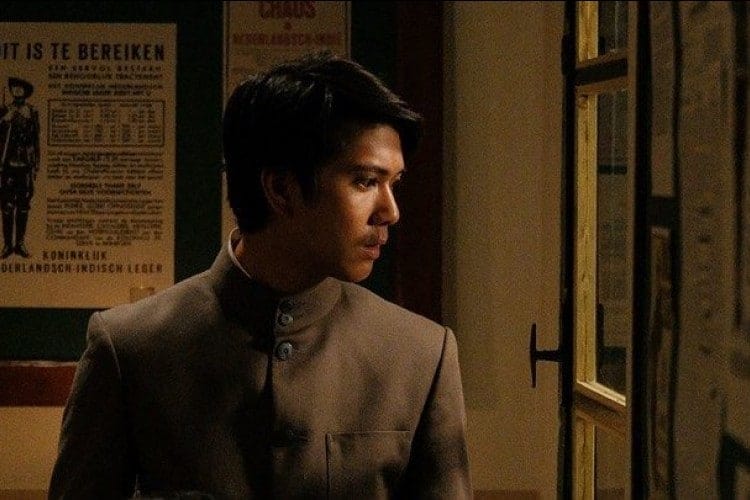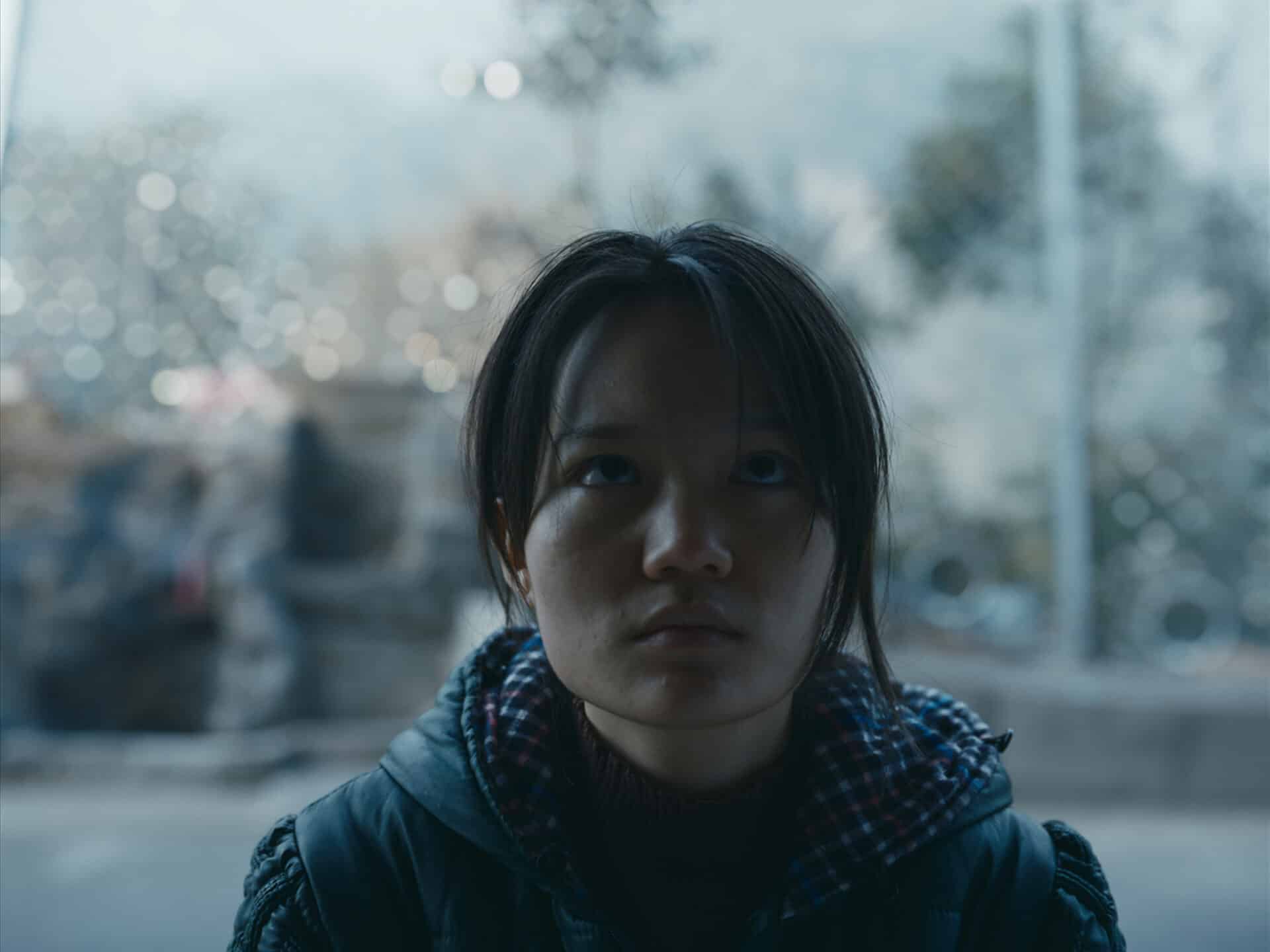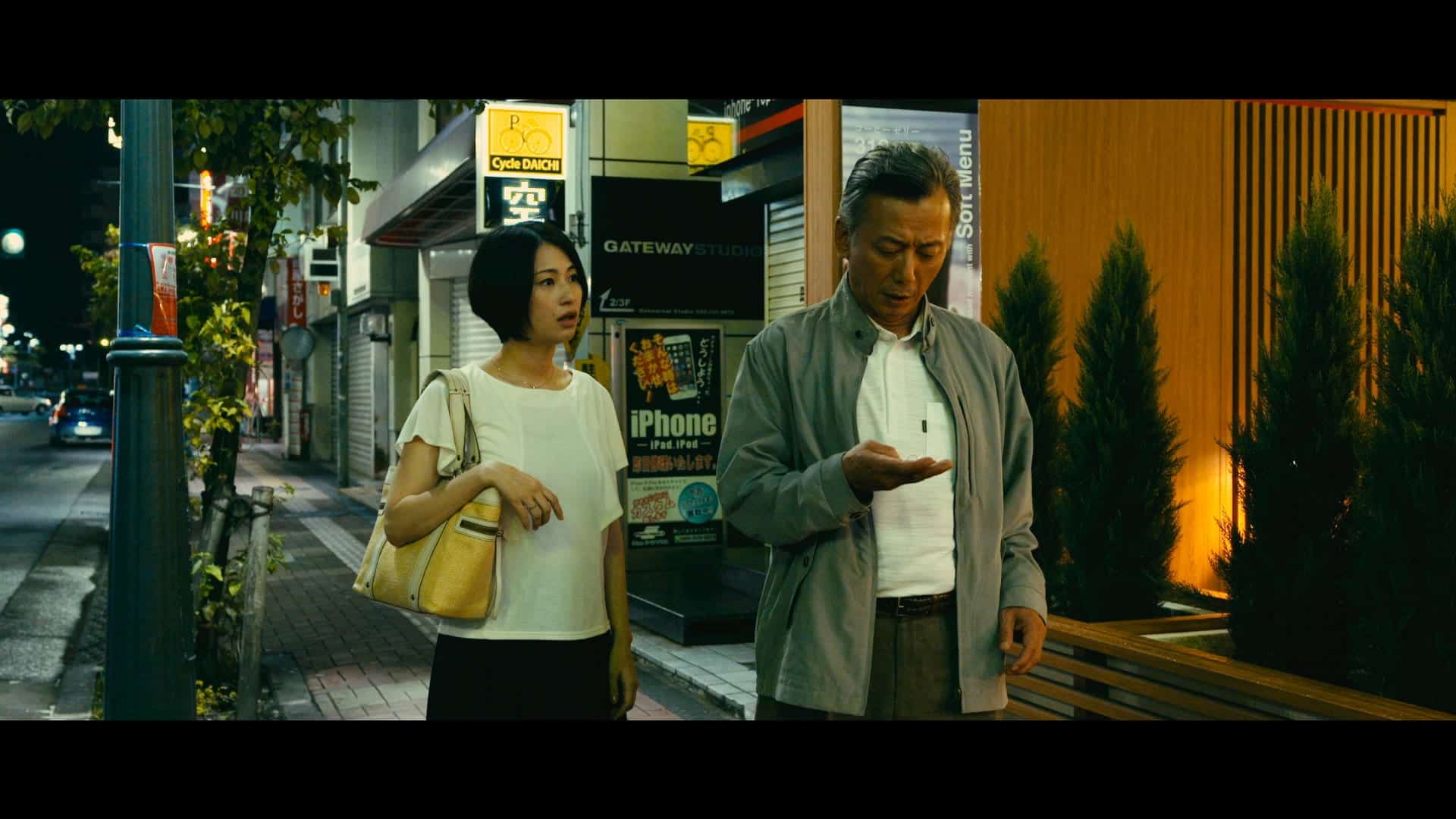“Bumi Manusia” is an adaptation of the critically-acclaimed historical novel of the same title by author Pramoedya Ananta Toer. The narrative is rooted in the history of colonialism from Indonesia. And the love-story dwells in the concepts of being an ‘outsider' or ‘insider' – based on the historical notes of Dutch-ruling in their country.
“Bumi Manusia” is screening at Cinemasia Film Festival

An inter-racial relationship is at the center of the film, which becomes the crux of what the society around them dares to question. A purebred Javanese royal Minke (Iqbaal Ramadhan) gets attracted towards Indo mixed-Dutch girl Annelies Mellema (Mawar Eva de Jongh). Since this relationship didn't fit the cruel customs of the Dutch regime of the time, it was bound to cause controversies. Having a mutual attraction was not enough for them to stay in a healthy communion. There was a pressure of societal expectations. And while societal pressure still plays a vital role in deciding the fate of a romance such as this, it used to be much more apparent and unapologetic in that period.
In such times, a young lady like Annelies gets emotionally attached to Minke. Despite being privileged to be of a mixed-race in this scenario, their romance blossoms, and flourishes. No question of their racial identity comes in between. Her attraction is solely based on human values. She gets smitten by his innocence, which she has hardly seen on the face of a man by then. Perhaps she also finds him as a doorway to understand the societal unjust from the other side. And at the same time, no matter how badly either of them wants to dismiss the existence of inequality, it is present and it takes their relationship through several turbulent conflicts.

“Bumi Manusia” addresses the injustice through the eyes of these two lovers in a Shakespearean Saga. It expresses the need for freedom and of an educated mind to address it to the wide population that is unaware of this oppression because of their lenience. It shows a protagonist fuelled by the social differences while also clinging to his romantic desires. A struggling mind such as his is conveniently placed along with his partner, who stands beside him through all the thick and thin.
While going over such inseparable themes from history, the film presents the period-drama with highly-dramatized sequences. It tries to weave all the crucial pages from the past and tries a little too much to present the scenes with a direct approach, without any subliminal impact. Perhaps that works for local audience, but in the process, the film often risks itself to become insular.
As a person unaware of their history, I could connect with the effects of colonialism and the human core of having no control. But the film does not spark any interest because of its uninventive cinematic approach. The art-direction feels uninspired and often dull while the cinematography makes it look even flatter. Even with its picturesque frames, the film does not create intrigue – for having seen similarly-executed compositions far too often. The color palette often feels too adamant on the green and yellow tints from every frame and takes away some pleasure of becoming a visual treat.

To add on to the shortcomings, the film is stretched to a degree where the themes of hegemony, injustice and the importance of education get diluted to a mere romance filled with genre-tropes. And the two lead performances that helm this romance are occasionally impressive – mostly in the moments while there's a possibility of some kind of nuance. Moreover, the acting front just fails to reach their complete capacity (or often feels inorganic in the dramatic sequences) for how rudimentary the screenplay is.
So, even while “Bumi Manusia” is occasionally engaging, it doesn't go beyond to be a definitive period film that it had every chance to become.















